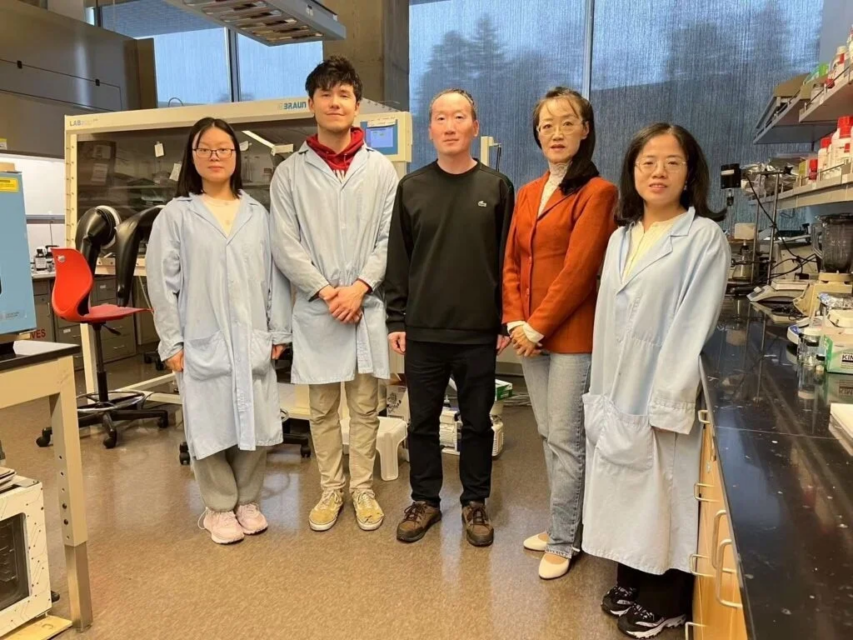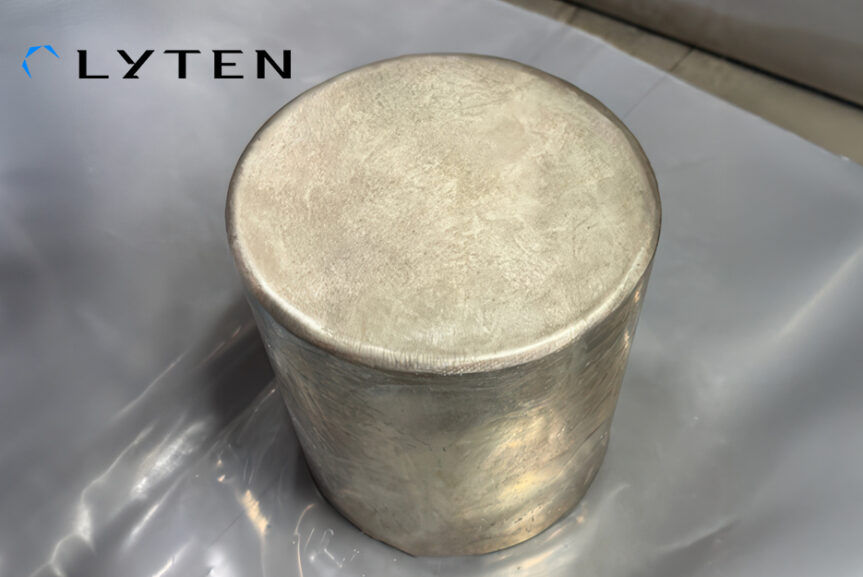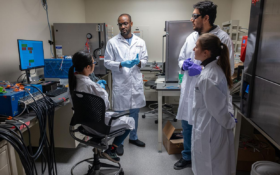The vegetarian battery is still a dream, but vegetable components may play a role in the future of battery technology. Researchers at Washington State University recently published an interesting story in the Journal of Power Sources about the role a corn protein could play in improving performance of lithium-sulphur batteries.
Lithium-sulphur batteries theoretically contain a lot more energy than Li-ion batteries. Using them in cars or airplanes is a much smaller and lighter battery option than current batteries. Furthermore, the lithium-sulphur battery uses sulphur for its cathode, a material which is abundantly available, cheap, and non-toxic, making it more environmentally friendly than lithium-ion batteries, where the cathode is made of metal oxides including toxic heavy metals like cobalt or nickel.
So far there has not been any viable solution to a problem called the shuttle effect, which means that the sulphur portion of the battery tends to leak into the liquid part of the battery and migrate to the lithium side. This will cause the battery to stop working very quickly. The lithium side of the battery also often grows dendrites, which can cause an electric short circuit, a general problem also for Li-ion batteries.
The report showed that a protective barrier made of corn protein, in combination with a commonly used plastic, significantly improved the performance of a button-sized lithium-sulphur battery. The researchers found that the battery could hold its charge over 500 cycles, a significant improvement over batteries without the protective corn barrier, known as a separator.
“Corn protein would make for a good battery material because it’s abundant, natural, and sustainable,” said Jin Liu, professor in the School of Mechanical and Materials Engineering and a corresponding author on the paper. Graduate students Ying Guo, Pedaballi Sireesha and Chenxu Wang led the work.
Photo: The research team, Professor Jin Lui in centre. Credit: Washington State University












